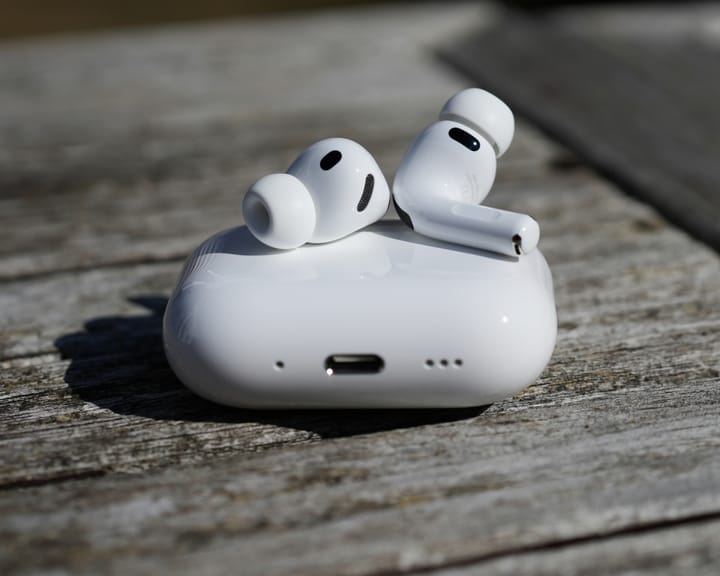Young People Are Choosing to Step Back from Smartphones for Better Wellbeing
Research shows that more children are taking breaks from their smartphones to improve their mental health, safety, and focus.
Experts say young people are responding to concerns about excessive screen time by independently regulating their device and social media use rather than depending on parental restrictions.
According to a survey by the research group GWI, which polled 20,000 young individuals and their parents across 18 countries, the percentage of 12- to 15-year-olds who take breaks from digital devices increased by 18% to 40% since 2022.
Sonia Livingstone, director of the Digital Futures for Children center at LSE, noted that similar findings will be published soon, revealing that children and teens are exploring different methods to manage their online habits. These include pausing social media use, avoiding negative content, seeking more positive digital experiences, and, in some cases, leaving platforms entirely.
Livingstone said, “Young people are aware—from parents, news, and personal experience—that too much time online isn’t always beneficial. They’re testing ways to protect their wellbeing without completely abandoning social media. They likely discuss strategies among themselves to find what works best.”
Daisy Greenwell, co-founder of an initiative promoting less smartphone use, has observed growing skepticism among young people about the necessity of being constantly connected.
“Teens often tell us they feel drained by the pressure to always be online and are stepping back for their mental health,” she said. “Many are recognizing that these platforms aren’t neutral—they’re designed to capture attention. They’re realizing that their time, focus, and self-worth are being exploited by major corporations. Stepping away is becoming an act of resistance.”
This trend is supported by recent data. A 2024 report found that 33% of online users aged 8 to 17 believe their screen time is excessive. Another study showed 47% of 16- to 24-year-olds disable notifications or use “do not disturb” settings, up from 40% in 2023, compared to 28% of older users.
Additionally, 34% of young people actively take breaks from social media (versus 23% who do not), 29% delete apps due to excessive use (compared to 19% who don’t), and 24% remove apps for mental health reasons (while 13% don’t).
David Ellis, a behavioural science professor at the University of Bath, suggested teens may be learning to use digital tools in ways that help them maintain balance.
Read next

"AirPods Pro 3 reviewed: Upgraded battery, superior noise cancellation, top-tier performance"
Apple’s widely used AirPods Pro wireless earbuds have returned for their third iteration, offering improvements in comfort, battery performance, integrated heart rate tracking, and enhanced noise cancellation. The new model appears poised to be as prevalent as earlier versions.
Three years have passed since the previous release, yet the

"Peter Thiel's secret talks on antichrist shed more light on him than doomsday"
Peter Thiel’s Unusual Academic Pursuits
Peter Thiel is known for his skepticism toward academia. Yet, in four recent private lectures in San Francisco discussing the antichrist, the billionaire investor has made an unexpected case for intellectual credentials.
During these wide-ranging talks, Thiel appeared to channel the eclectic thinking he

"X resolves $128M severance dispute with former Twitter executives"
# Elon Musk and X Reach Settlement with Former Twitter Executives Over Severance Dispute
Elon Musk and X have resolved a legal dispute with four former high-ranking executives of Twitter, including the company’s ex-CEO, who alleged that the billionaire withheld $128 million in severance payments after acquiring the social media

